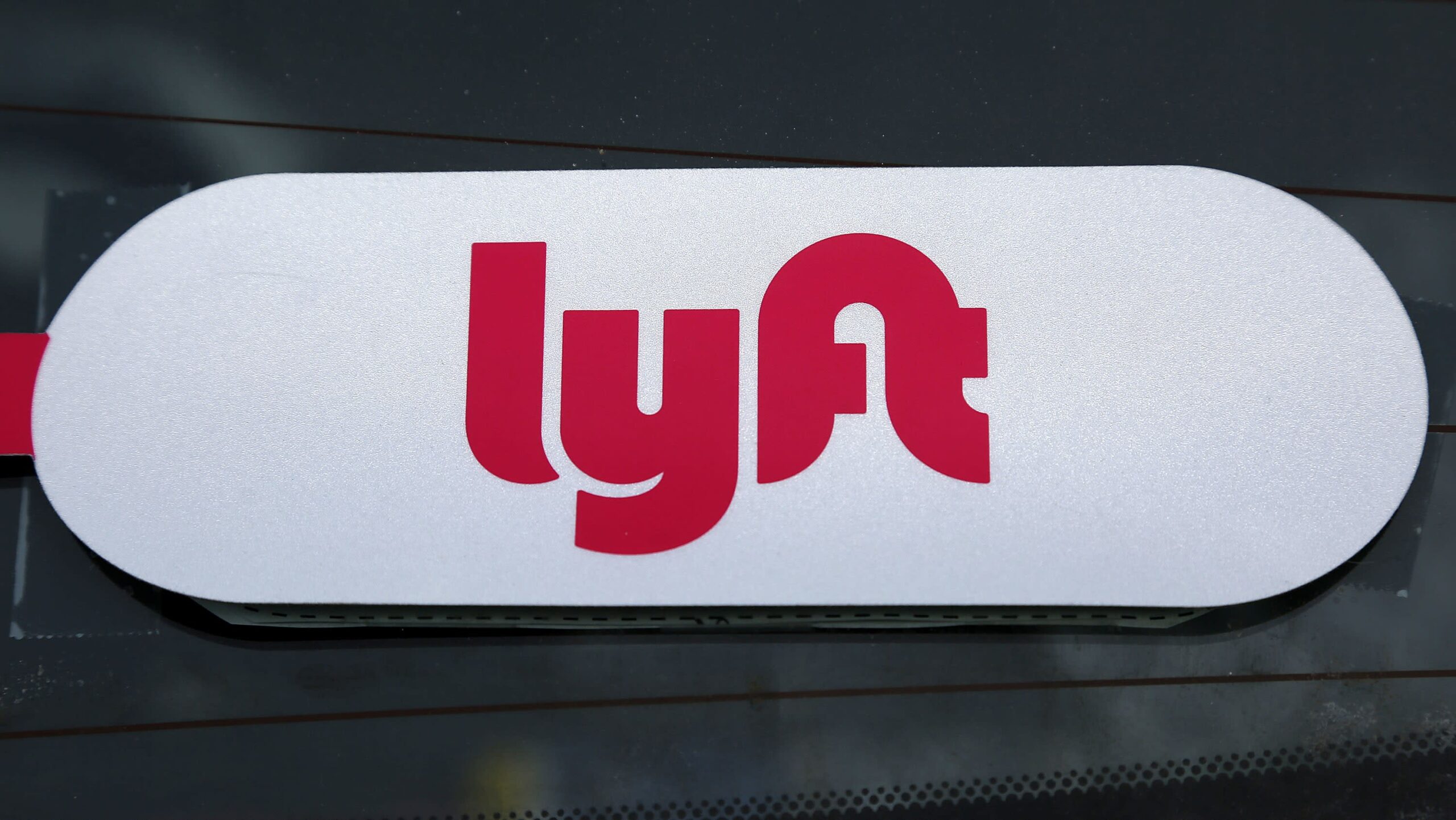Shares of ride-hailing giant Lyft (LYFT) saw a significant increase on Friday morning, rising by as much as 20% in trading.

This surge in Lyft stock followed the release of the company’s first-quarter 2025 earnings report, which, while narrowly missing revenue expectations, delivered a notable beat on profitability and included news of a substantial initiative aimed at returning value to shareholders.
Q1 2025 Financial Highlights
For the first quarter of 2025, Lyft reported revenue of $1.45 billion. This figure came in slightly below analysts’ forecasts of $1.47 billion. However, the company delivered a strong performance on the bottom line.
Lyft posted a profit of $0.01 per share, dramatically exceeding analysts’ expectations, which had forecasted a loss of $0.68 per share. This swing to profitability, even a small one, from a significant expected loss was a key positive signal from the report.
Key Drivers of the Stock Surg
The sharp positive reaction in Lyft stock following the earnings report was primarily driven by factors beyond just the top-line revenue figure. Investors reacted strongly to two major announcements made by the company: the initiation of a $750 million share buyback program and promising forecasts for gross bookings in the upcoming second quarter. These forward-looking signals and direct actions to return value to shareholders appeared to outweigh the impact of the narrow revenue miss.
The Significance of the Share Buyback Program
The announcement of a $750 million share buyback program is a significant move for Lyft and is typically viewed favorably by the market. A share buyback involves a company repurchasing its own outstanding shares from the open market.
Companies often undertake buybacks as a way to return capital to shareholders, reduce the number of outstanding shares (which can boost earnings per share), and signal confidence in their future prospects. A $750 million share buyback is a substantial program for Lyft and suggests the company believes its shares are undervalued and that it has sufficient financial health to return value to investors while continuing its operations and investments.
Optimistic Outlook for Q2
Adding to the positive sentiment, Lyft provided strong forecasts for its gross bookings in the second quarter. Forward guidance from a company is often more impactful on stock price than a review of past performance, as it reflects management’s expectations for future growth and profitability. The fact that Lyft’s Q2 gross bookings forecast was described as “strong” and “ahead of analyst expectations” provided further reassurance to investors about the company’s anticipated performance trajectory in the near term.
Balancing Customer and Investor Needs
In an interview with the Morning Brief team and Yahoo Finance executive editor Brian Sozzi, Lyft CEO David Risher discussed various aspects of the company’s performance and strategy. A key point of commentary involved the challenge of balancing the needs of both customers and investors. For customers in the ride-hailing market, keeping prices low is often a priority. However, lower prices can potentially impact revenue growth and profitability, which are crucial metrics for satisfying investors.
While the direct quote “You have to do both” appeared in the headline, the context of Risher’s comments suggests he elaborated on the company’s approach to managing this inherent tension, likely by focusing on efficiency, optimizing pricing dynamics, and growing the platform’s scale.
Behind the Numbers: Booking Trends and Operations
During the interview, David Risher also touched upon booking trends from customers. Booking trends are a vital metric for the ride-hailing industry, providing insight into user activity, demand for services, and the overall health of the platform’s core business. Risher’s discussion of these trends likely offered further context on the user engagement driving the company’s results.
He also reportedly discussed the company’s return-to-office push for employees, an operational detail that can affect company culture and potentially influence collaboration and efficiency.
The Market Values Consistency
Industry analysts also weighed in on Lyft’s performance. Rohit Kulkarni of Roth MKM told Yahoo Finance that further “consistency” in Lyft’s earnings and guidance will be key to the company’s long-term success. Consistency is highly valued by the stock market because it reduces uncertainty regarding a company’s future financial performance, building investor confidence over time and often leading to a more stable stock valuation.
Lyft has faced challenges with demonstrating consistent profitability in the past, so any signs of improved consistency are likely to be viewed positively by the market.
Lyft in the Competitive Landscape
Lyft operates in a highly competitive market, primarily competing with Uber for market share in the ride-hailing and delivery sectors. While the focus of the article is on Lyft’s specific performance, its ability to achieve profitability and implement shareholder return initiatives is also viewed in the context of this competitive landscape, demonstrating its operational progress relative to its peers.
Profitability and Shareholder Returns Drive Stock Gain
Lyft’s first-quarter 2025 earnings report presented a mixed picture on the surface, with a narrow revenue miss. However, the significant beat on profitability, coupled with the announcement of a substantial $750 million share buyback program and strong Q2 gross bookings guidance, sent a strong positive signal to the market. These factors outweighed the revenue miss, driving a sharp rise in Lyft stock.
The report highlights Lyft’s progress in achieving profitability and its focus on returning value to shareholders, while the company continues to navigate the competitive ride-hailing industry and balance the needs of its users and investors. The market’s reaction underscores the importance investors place on profitability signals and capital return initiatives for technology companies like Lyft.








